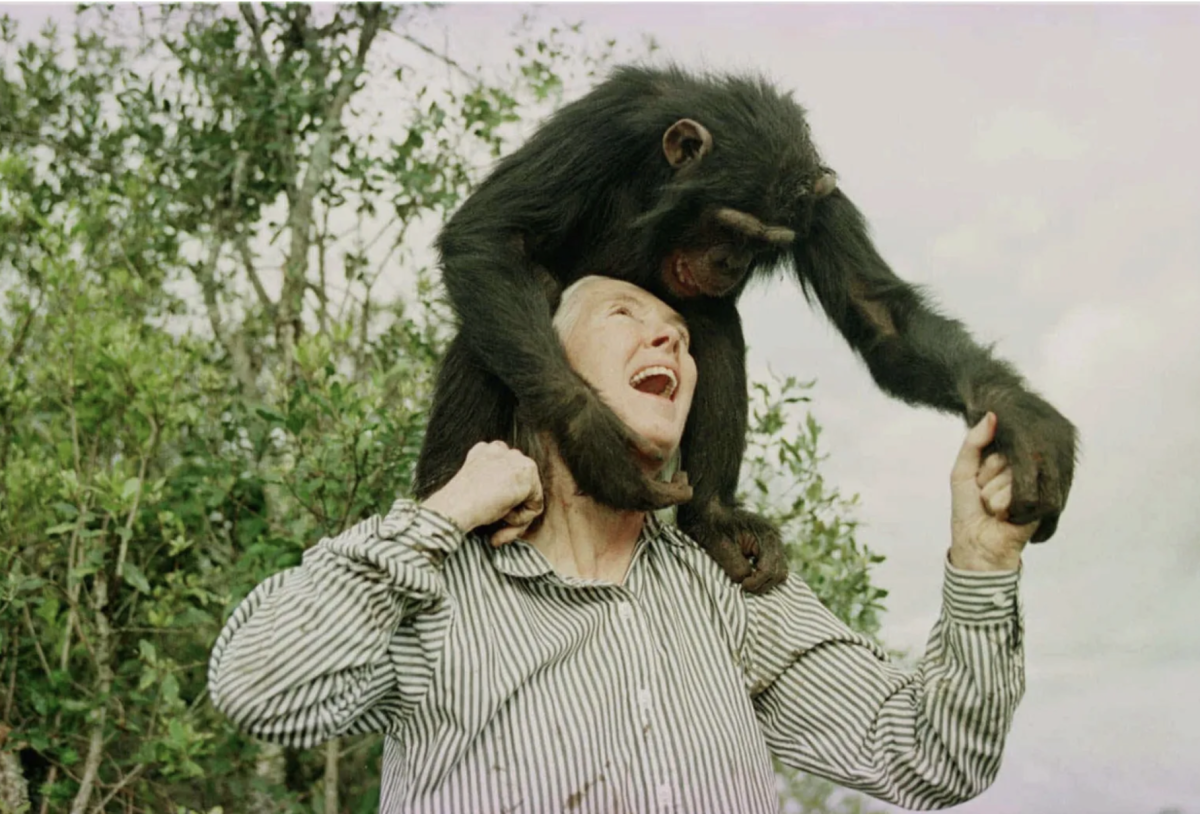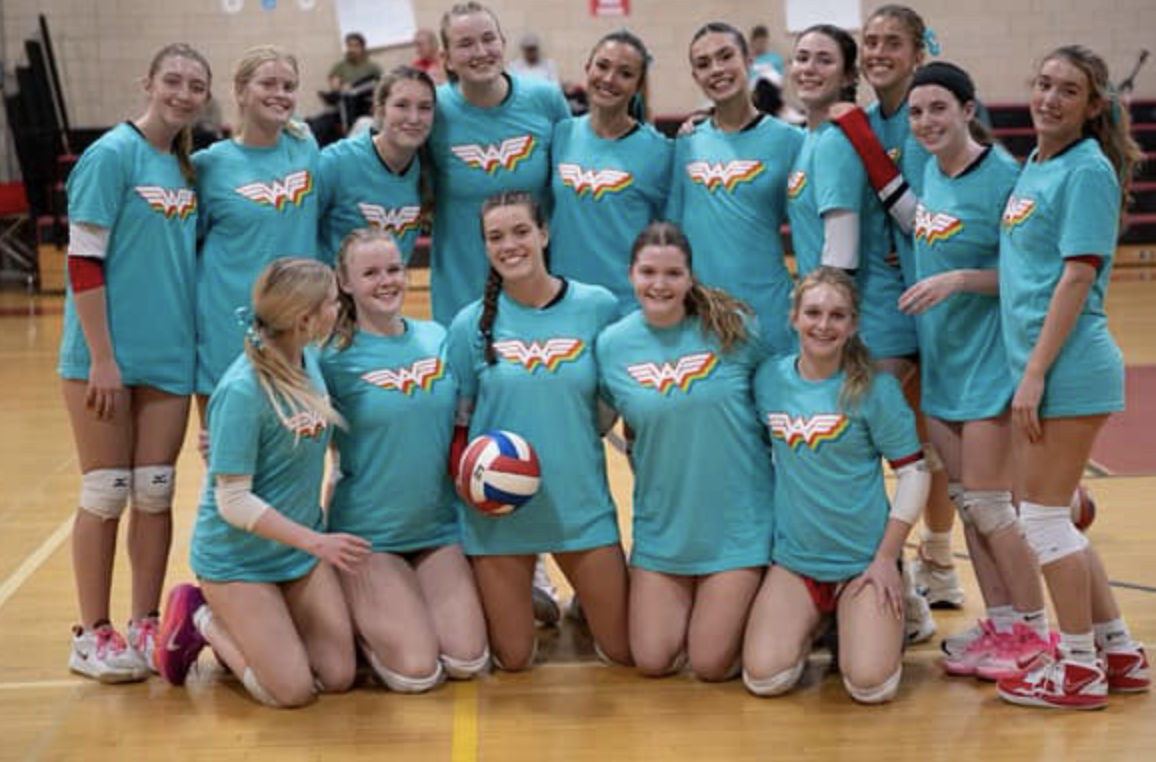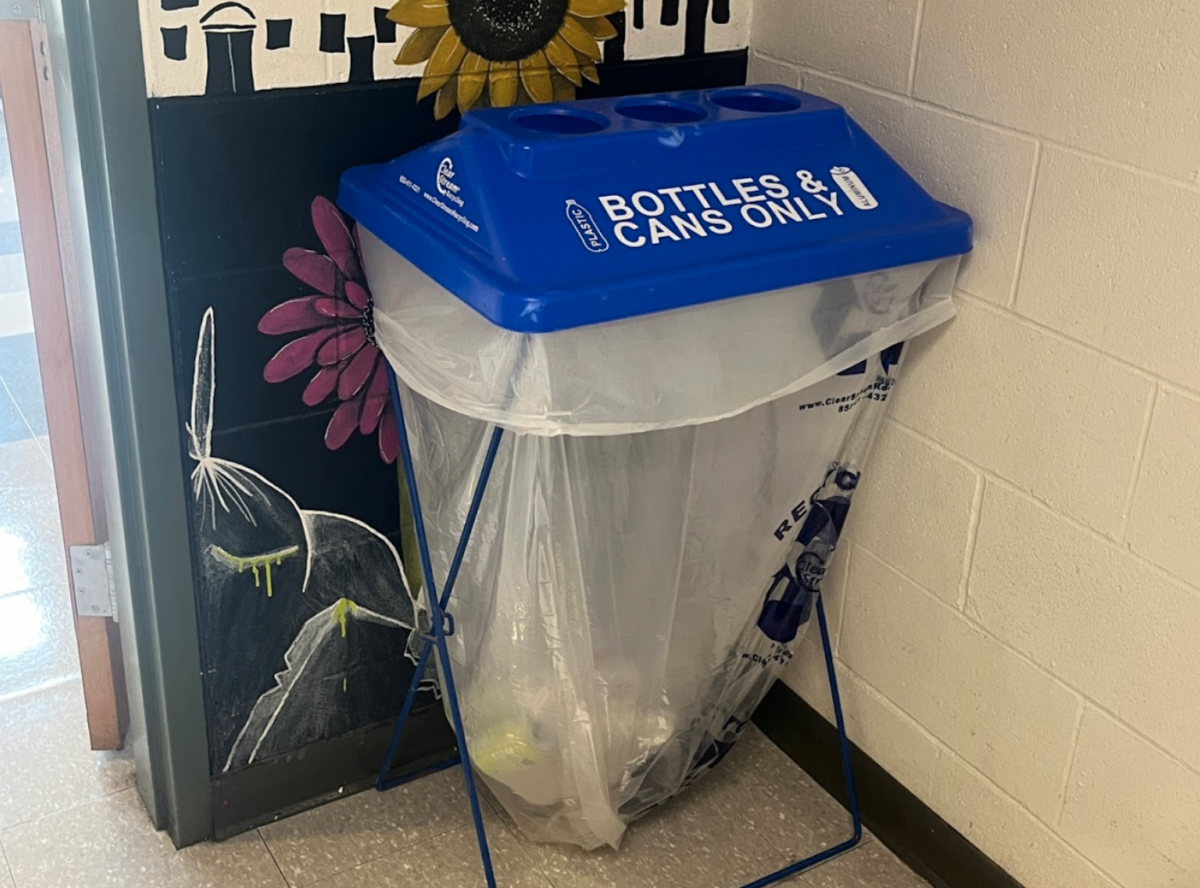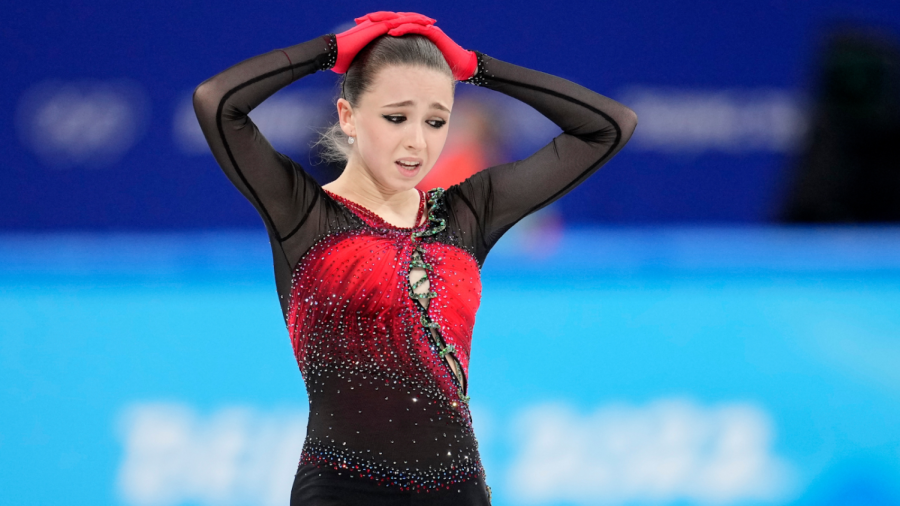The Olympic Dilemma of Kamila Valieva
Kamila Valieva appears distraught after her performance in her free skate.
March 8, 2022
At the young age of fifteen, Russian figure skater Kamila Valieva achieved a goal that many young skaters can only dream of. Although starting out as a gymnast and dancer, Valieva aspired to become an Olympic figure skating champion from a very young age. These aspirations were not out of reach for young Kamila, and her talent did not go unrecognized. By twelve years old, Valieva’s parents had moved their family to Moscow, allowing Kamila to train under the tough, prestigious coach, Eteri Tutberidze.
After Kamila Valieva’s first senior-level debut at an international competition, the world of figure skating knew the young skater obtained special talent. With her abilities to do a quadruple jump while retaining almost perfect technique throughout her routines, Valieva was expected to lead Russia to gold at the Beijing Olympics.
This goal was nearly achieved. On January 31st, Kamila led Russia to a victory in the team skating. As the first woman to ever land two quadruple jumps at the Olympics, her scores were untouchable. However, on February 7th, Kamila’s drug test from an event in December came back positive for trimetazidine. Trimetazidine is a drug meant for heart medication. In other words, it is a performance-enhancing drug that can be used to increase endurance and energy.
Although this led to Kamila’s automatic suspension by the Russian Anti-Doping Agency, she appealed, claiming it was cross-contamination with her grandfather’s heart medication, and got her suspension lifted. Many disagreed and challenged this decision. However, on Monday, the Court of Arbitration for Sport announced that they are allowing Kamila to compete in the individual events. Additionally, the World Anti-Doping Agency claimed Kamila to be a “protected person” because she is under the age of sixteen.
With the weight of the doping scandal on her shoulders, Kamila had a lot to prove. On Tuesday, she skated her short program and quickly took the lead with the highest score. However, she was not able to continue this streak. On February 17th, Kamila fell and made various mistakes throughout her free skate. Dropping to fourth place, Kamila was devastated and the figure skating world was shocked. If Kamila did win a medal, the International Olympic Committee announced that they would not have held a medal ceremony. However, many figure skaters and other Olympians were extremely offended that Kamila was still allowed to compete after her positive test.
Many students at HHS are feeling a similar way. Julia O’Dwyer, a junior, states, “I do not think it’s fair that Kamila was able to compete after her positive drug test because it is unfair to everyone competing clean and every Olympian that was previously kicked out for a positive test.” Grace Decelles, a junior, expands on Julia’s comment, “I agree. I think it could even be linked to racism since Sha’Carri Richardson, a black woman, was not allowed to compete, but Kamila Valieva still finished her Olympic experience.” Although Kamila’s Olympic experience was extremely negative, she is very young and has a hopeful future ahead of her. Kamila Valieva is definitely a competitor to look out for in the next Winter Olympics. Furthermore, it should be interesting to see how the International Olympic Committee handles future doping scandals.


































